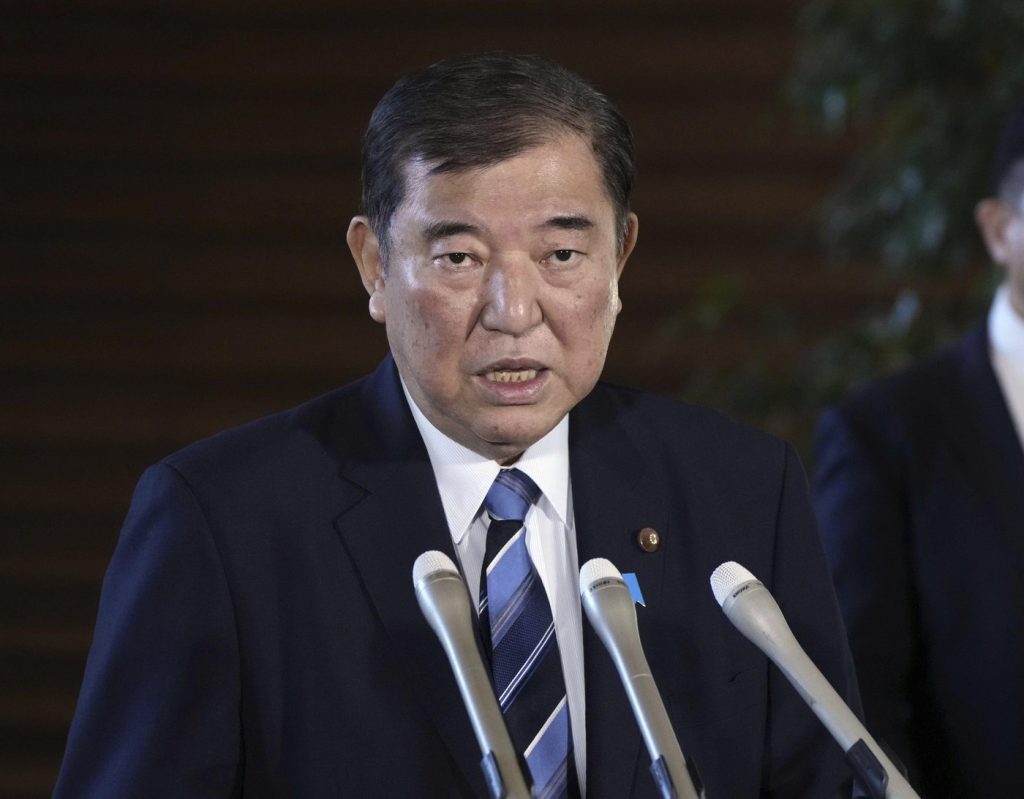TOKYO (AP) – Japanese Prime Minister Shigeru Ishiba commenced a diplomatic journey to Malaysia and Indonesia on January 9, 2025, aiming to bolster defense and economic relationships with Southeast Asia. This initiative comes in response to increasing threats from China in the region, reflecting Japan's strategic interest in fostering stronger ties amid a potentially diminishing U.S. presence following the inauguration of President-elect Donald Trump.
This visit marks Ishiba's first foray into bilateral discussions outside international summits, underlining Japan's commitment to deepening partnerships with maritime regional powers. Malaysia and Indonesia are located near crucial shipping routes and are essential players in ensuring both Japanese and global security and economic stability. Officials assert that these nations share mutual apprehensions regarding China's assertive posture in the South China Sea.
During his trip, Ishiba is scheduled to meet with Malaysian Prime Minister Anwar Ibrahim on Friday. The two leaders are expected to engage in dialogues aimed at enhancing security cooperation and stabilizing supply chains. Malaysia holds the chairmanship of the Association of Southeast Asian Nations (ASEAN) in 2025, which adds significance to their discussions.
On Saturday, Ishiba is anticipated to sign an agreement with Indonesian President Prabowo Subianto concerning Japan's provision of high-speed patrol boats to Indonesia. Both leaders, who have previously held positions as defense ministers, are likely to concentrate on military collaboration and arms transfers. This agreement signifies a crucial step in advancing military ties between Japan and Indonesia, emphasizing the importance of regional security in an era of shifting geopolitical dynamics.
The prime minister's visit underlines Japan's proactive approach in addressing security concerns raised by China’s economic and military expansionism. By engaging with Southeast Asian nations, Tokyo aims to reinforce its role as a key player in regional stability and uphold international norms in maritime security. Ishiba's diplomatic efforts reflect a broader strategy of fortifying partnerships that can effectively counterbalance China's influence in the region.
As diplomatic relations evolve, both Malaysia and Indonesia present strategic opportunities for Japan to enhance its economic and military foothold within Southeast Asia. The outcomes of these talks and agreements could significantly influence the future landscape of security cooperation and economic relations in a region facing numerous challenges amid rising tensions.










